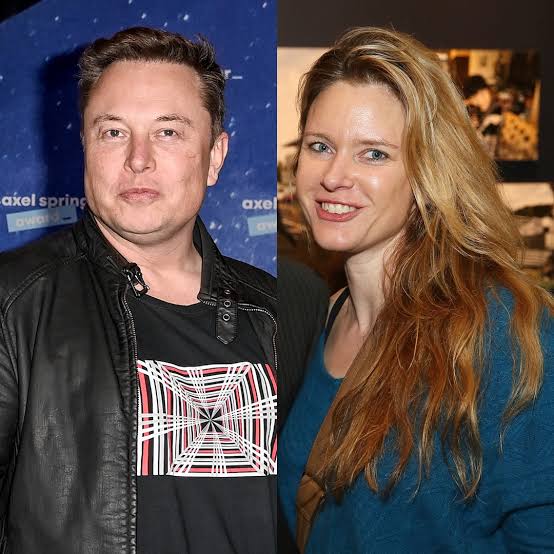Elon Musk’s transgender daughter has recently taken to social media to express her frustrations and criticisms toward her father, following his controversial remarks about what he terms the “woke mind virus.” The comments, which Musk made in a public forum, have been met with a strong backlash, including from his own family. His daughter, who has publicly identified as transgender and with whom Musk has had a strained relationship, has been particularly vocal in her criticism, labeling him as an absent parent who lacks understanding of her transition.
Musk’s use of the term “woke mind virus” has stirred significant controversy. In his remarks, Musk criticized what he perceives as an overemphasis on identity politics and social justice issues, which he argues are detracting from more substantive matters. This perspective has been widely debated and criticized by various groups, including those who support transgender rights and inclusion. Musk’s daughter, whose transition has been a central aspect of her personal identity, has found these comments deeply hurtful and dismissive of her experiences.

Tensions rise as Elon Musk’s daughter responds harshly to his remarks about the ‘woke mind virus.’ Read her full reaction
In her response, Musk’s daughter has expressed her discontent with her father’s public statements, accusing him of being disconnected from her reality and the challenges she has faced during her transition. She has argued that Musk’s remarks reflect a broader misunderstanding of the complexities involved in transgender issues and the support needed by individuals undergoing such profound personal changes. Her criticism underscores a broader conversation about the impact of public figures’ statements on marginalized communities and the responsibilities of those in influential positions.
The rift between Musk and his daughter highlights ongoing discussions about family dynamics and public personas. Musk’s daughter has characterized him as an absent parent, suggesting that his lack of engagement in her life has contributed to his misunderstanding of her transition. This personal conflict has been amplified by Musk’s public comments, which have drawn attention not only from media but also from the wider public. The situation reflects the often complex and difficult nature of family relationships, especially when compounded by high-profile public figures and contentious social issues.

Elon Musk’s transgender daughter calls out his ‘woke mind virus’ comments, criticizing him as an absent parent.Musk’s comments on the “woke mind virus” have been interpreted by some as an attack on progressive social movements and the principles of inclusivity and diversity. Critics argue that such statements undermine efforts to create supportive environments for marginalized groups, including the transgender community. By voicing her dissatisfaction, Musk’s daughter is bringing attention to the broader implications of these remarks and the impact they may have on individuals who are already navigating challenging social landscapes.
The public fallout from this family dispute also raises questions about the role of social media in shaping public perception and the ways in which personal conflicts become fodder for public discussion. Musk’s daughter’s use of social media to address her grievances illustrates the intersection of personal and public spheres in contemporary discourse, highlighting how family issues can become part of larger societal conversations.
In conclusion, Elon Musk’s transgender daughter has publicly criticized him for his “woke mind virus” remarks, accusing him of being an absent parent who fails to understand her transition. This dispute underscores the complexities of family dynamics in the context of public figures and the broader societal debates surrounding identity politics and social justice. As the discussion continues, it serves as a reminder of the profound impact that public statements can have on personal relationships and the importance of empathy and understanding in addressing sensitive issues.